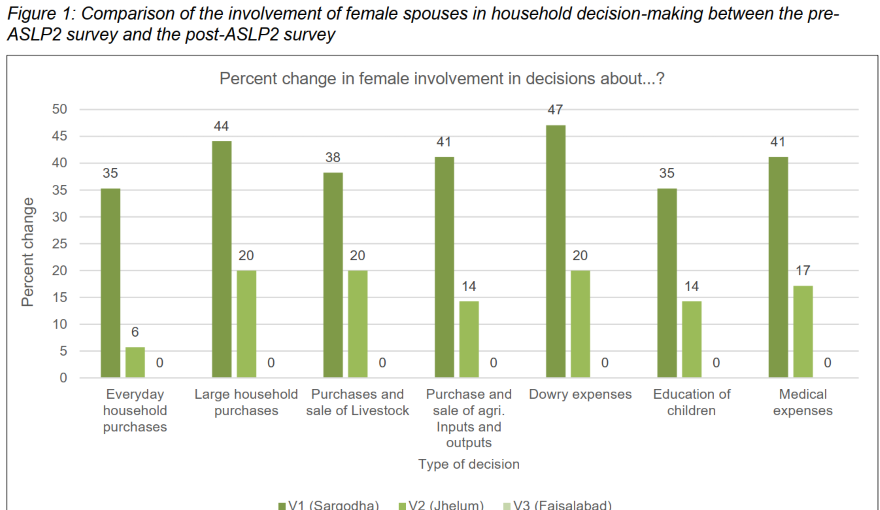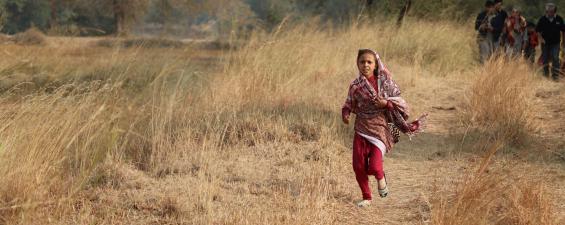
This paper argues that an integrated and holistic approach to building capacity among marginalised and vulnerable groups leads to a greater chance of success for sustainable rural development, especially if interventions are collaborative and place-based. It explores the nuances and lessons learned from social and technical collaboration to enhance the engagement of marginalised groups, especially women in smallholder agriculture


